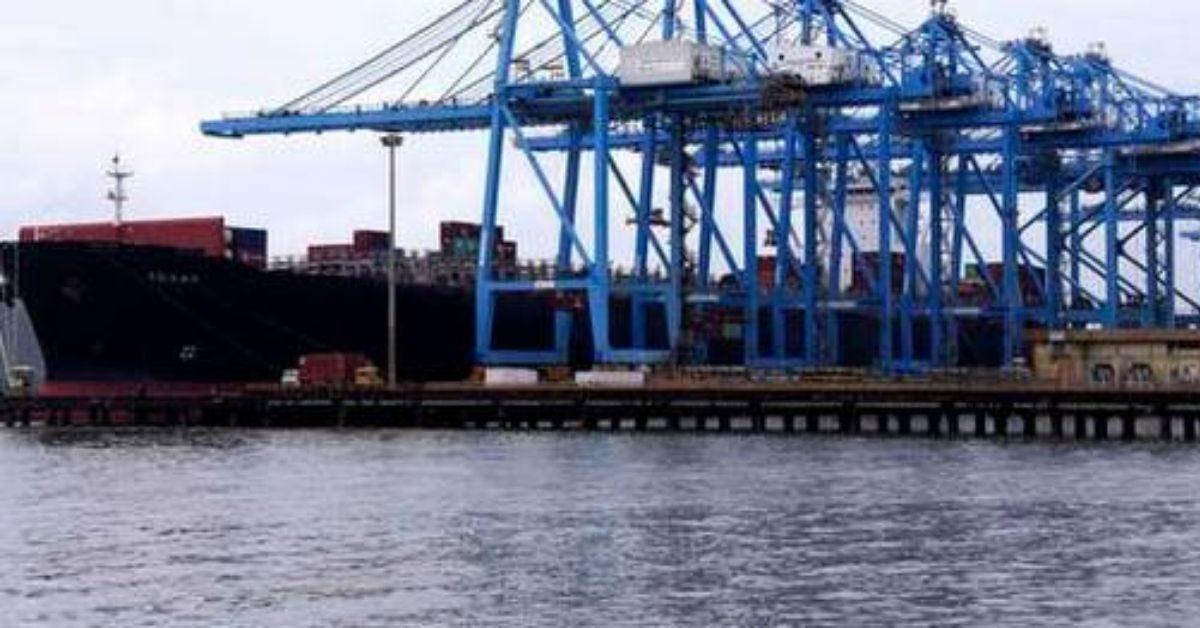In a significant policy modification that could spark labour pushback, the government of India is exploring a proposal to enable major port authorities to outsource many of their in-house services, especially pilotage and towage activity, for greater efficiency and cost improvements for users.
The move comes amid persistent calls by industry stakeholders, particularly ocean carriers, to lower marine charges, which they argue do not represent a competitive operating environment for regular direct calls.
According to industry arguments and estimates, Indian ports are substantially costlier than their peers like Colombo or other Asian hubs.
A long-term maritime growth plan titled “Amrit Kaal Vision 2047,” unveiled recently by the Indian government, has recognised the need for new policy measures to make domestic ports more competitive.
“Ports may also consider outsourcing of services such as pilotage and towage to third-party service providers,” said the document.
It further noted, “Major ports, being a government body, have to operate under certain restrictions, which may limit the operational performance and efficiency.”
The document went on to explain: “Outsourcing may lead to better operational efficiencies, thus reducing the cost of providing the service.”
Additionally, according to the government, some of the key global ports, including Singapore and Jebel Ali, have already adopted this “outsourcing model” of operations.
“Major ports are facing multiple challenges related to captive tugs such as high maintenance costs, low availability of owned tugs, frequent breakdowns due to lack of proper up-keep and maintenance, unionized manpower,” the vision paper suggested.
“Ports sign license contracts with towage service operators and operators directly charge vessel owners for the service,” it added.
While there has been a marked improvement in the infrastructure ecosystem, higher port call costs are increasingly seen as a deterrent for mainline carriers wishing to add more direct calls on the Indian coast.
Indian efforts to develop some of its ports into regional transshipment hubs haven’t proven successful thus far, with DP World Cochin or Vallarpadam Terminal in the greater spotlight.
“Establishment of a transshipment hub in India would also involve infrastructure development to match the requirements of shippers and vessel operators,” said the “Amrit Kaal Vision 2047” document.
“An assessment has been conducted across key parameters – availability of draft, proximity to maritime routes and hinterland connectivity to identify ports which have the potential to act as a transshipment port for India,” it also noted.
Indian ports (major/minor) saw about 1.4 billion tons of freight traffic in the fiscal year 2022-23 through the end of March.







